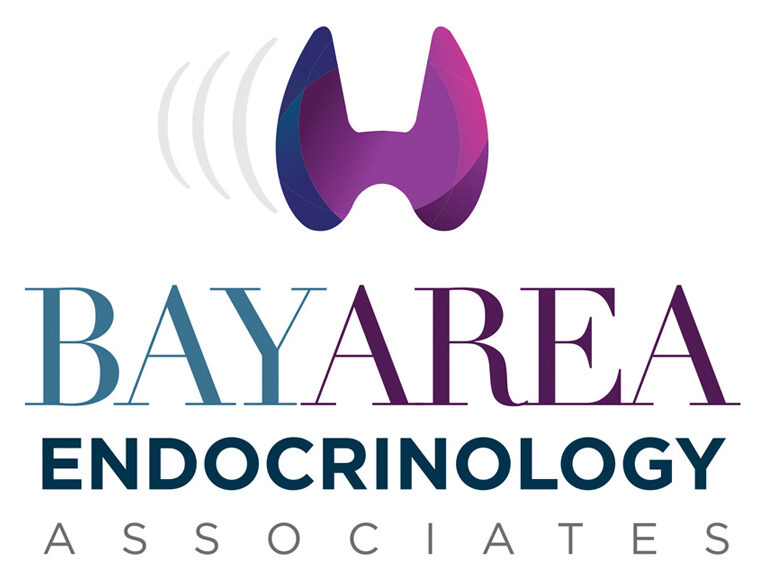A TSH test is typically administered to test the function of the thyroid gland. Both an underactive and overactive thyroid can cause uncomfortable symptoms. Thyroid stimulating hormone (TSH) is produced in the pituitary gland and is responsible for releasing certain hormones into the blood.
When To Get Tested
Symptoms of hyper and hypothyroidism can vary from person to person. The symptoms vary greatly and some may seem inconsequential or unrelated. This is one of the reasons an endocrinologist will order testing.
Hypothyroidism can cause:
-dry hair
-weight gain
-puffiness in the face
-low sex drive
-skin issues
-hair loss
-depression
Hyperthyroidism can cause:
-bulging eyes
-weight loss
-anxiety
-goiter
-increased energy
-mood changes
In Tampa, an endocrinologist can measure TSH levels to see what treatment and dosage will work best for the individual. Trying to diagnose the problem without a medical professional is both difficult and potentially risky. If you are experiencing these symptoms, getting checked out is the first step.
A thyroid stimulating hormone test is done by drawing blood. No former preparation is necessary in most cases. The test will measure exactly how much thyroid hormone is in the blood to help the doctor understand how your thyroid is functioning. Certain medications can affect thyroid function such as lithium. If you are on lithium, make sure to tell your endocrinologist beforehand.
A thyroid that is properly functioning will help with the digestive process, metabolism, body temperature, brain function and muscle control. Without proper levels of TSH, the body and mind can feel sluggish.
TSH Levels: Male vs. Female
TSH levels are different depending on sex and age. In general, women have a higher concentration of TSH than in men. The secretion of thyroid hormone may differ for women, but not men.
High levels of TSH usually fall between .4 and 4.0 milliunits per liter. This can vary depending on the laboratory. TSH levels that are higher than this typically show a patient with underactive thyroid. This can indicate hypothyroidism and possibly the presence of an autoimmune disease.
Low levels of TSH suggest hyperthyroidism. This means the thyroid is producing excessive amounts of thyroid hormone. Levels that are below .5 are likely considered below the average range of a healthy functioning thyroid.
Optimal TSH levels may vary depending on the person. TSH levels during pregnancy can affect the development of the fetus. Since both hypothyroidism and hyperthyroidism can occur in pregnant women, the treatment for optimal TSH levels must be prescribed by an endocrinologist that understands the full medical history.
Stress, medications, diet and stage of life can all impact TSH levels. Depending on lifestyle and life stage, these levels may be out of range, but still healthy. For instance, an 80 year old woman may have an 8.8 level while a 30 year old woman may have a TSH level of 4.1 Both of these levels are healthy for their sex and age.
For adults aged 18-50 years old, the normal TSH levels should fall approximately between .5 and 4/1.
For adults 51-70 years old, TSH levels should fall between .5 and 4.5.
For older adults aged 71-90, TSH levels should fall between .4 and 5.2.
Women who are experiencing their period, giving birth, or going through menopause may experience higher TSH levels. Both high and low TSH levels can have a negative impact on men’s fertility.
Ideal TSH levels help regulate energy. Both men and women with altered TSH levels can experience changes in mood and activity level. For those with higher TSH levels, depression is more likely to occur. While thyroid conditions are typically more common in women, men can experience both hyperthyroidism and hypothyroidism.
Thyroid testing is recommended on a regular basis even for those who do not show symptoms of hypo or hyperthyroidism. For those who have a family history of thyroid conditions, this is especially important. Many types of thyroid conditions including thyroid cancer and Hashimoto’s disease can have a genetic component.
What To Do If TSH Levels Are Irregular
Irregular TSH levels can be medically treated with the help of an endocrinologist in Tampa. By seeking medical help, a proper test can be conducted to measure hormone levels. Depending on age, sex, and life stage, the type of treatment may vary.
Most thyroid conditions are treated with thyroid-replacement medication. This type of medicine is designed to stabilize TSH levels for optimal functioning. Because it is affecting your hormones, TSH levels will need to be checked on a regular basis.
Most patients schedule endocrinologist appointments approximately twice a year. In the beginning, most patients will see their doctors more frequently to make sure the medication is at the right dose. While doses may vary depending on the person, a trained medical professional can tell you exactly the levels you need for your body.








